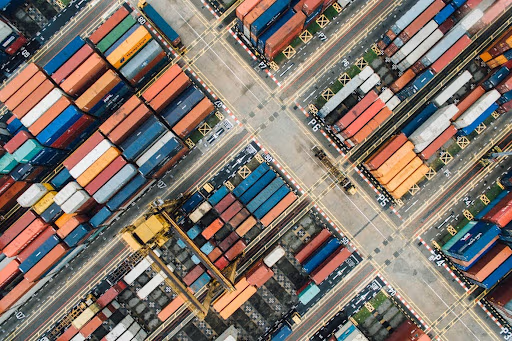The global economy relies heavily on the seamless movement of goods, materials, and information. Supply chain management (SCM) serves as the backbone of this process, connecting suppliers, manufacturers, distributors, and consumers through a coordinated network of logistics and operations. As industries become more interconnected and technologically advanced, careers in supply chain management have grown both in demand and diversity.
Whether you’re a recent graduate or a professional looking to pivot, the supply chain field offers a range of career paths, each contributing to efficiency, sustainability, and profitability across industries. Understanding these roles helps individuals identify where their skills fit best and how they can grow within an ever-evolving global marketplace.
Understanding the Scope of Supply Chain Careers
Supply chain management is far more than shipping and warehousing. It encompasses a wide array of functions, from procurement and production to data analytics and customer fulfillment. These disciplines work together to ensure that goods arrive in the right place, at the right time, and under optimal cost conditions.
Entry-level roles often start with operations or logistics coordination, where professionals learn the fundamentals of inventory control, vendor communication, and order tracking. As experience grows, individuals may move into planning, sourcing, or supply chain analysis positions, focusing on process optimization and forecasting demand.
Advanced careers include managerial and executive roles such as supply chain directors or chief logistics officers. These positions oversee large networks of distribution centers, negotiate contracts, and develop strategies to improve global operations. The diversity of roles ensures that professionals from different educational backgrounds, business, engineering, or data science, can find a place within the industry.
Training and Skill Development for Supply Chain Professionals
Education and practical experience play crucial roles in building a successful supply chain career.
Many professionals begin with degrees in logistics, business administration, or operations management, followed by specialized certifications that enhance credibility and technical proficiency. For individuals interested in transportation and brokerage, it’s helpful to look into the Freight Broker Boot Camp and other training programs that focus on freight coordination, carrier relations, and regulatory compliance. Such resources equip aspiring professionals with real-world skills, helping them navigate the complexities of logistics contracts and freight documentation.
Beyond formal education, technical proficiency is becoming increasingly important. Familiarity with enterprise resource planning (ERP) systems, data visualization tools, and supply chain analytics platforms allows professionals to make data-driven decisions that improve efficiency and reduce waste. Soft skills, such as communication, problem-solving, and adaptability, are equally critical when managing teams or vendor relationships in fast-paced environments.
The Rise of Technology and Automation in Supply Chain Operations
Modern supply chain management is becoming increasingly data-driven. Artificial intelligence (AI), automation, and the Internet of Things (IoT) have transformed traditional logistics, introducing precision and visibility at every stage.
Automation tools streamline repetitive tasks such as order entry, shipment tracking, and warehouse sorting. AI algorithms analyze historical and real-time data to predict disruptions and suggest alternative routes or suppliers. IoT sensors provide transparency by monitoring conditions like temperature and location throughout transportation.
As these technologies become mainstream, new roles are emerging in data analytics, digital logistics, and systems integration. Professionals who can interpret data and implement smart solutions will find themselves in high demand across industries.
Globalization and Sustainability in Modern Supply Chains
Sustainability is reshaping the way companies manage their supply chains. Consumers and regulators are demanding transparency and ethical sourcing, prompting businesses to reduce carbon footprints and ensure fair labor practices.
This shift has created opportunities for sustainability officers and compliance specialists within logistics and procurement. These professionals design environmentally friendly transportation routes, evaluate supplier sustainability metrics, and adopt renewable packaging materials.
Globalization has expanded career opportunities beyond national borders. Professionals with cross-cultural communication skills and international trade knowledge can work with global partners, managing imports, exports, and customs documentation.
Career Growth and Advancement Strategies
Progressing in supply chain management requires continuous learning and adaptability. Certifications such as APICS (Association for Supply Chain Management) or CILT (Chartered Institute of Logistics and Transport) provide advanced training that enhances leadership potential.
Networking within professional associations, attending conferences, and participating in mentorship programs can open doors to new opportunities. Professionals should stay informed about evolving trends, including green logistics, digital transformation, and geopolitical shifts affecting trade routes.
Balancing technical expertise with leadership skills prepares professionals for senior management roles. The most successful supply chain leaders are those who understand operations and strategy, technology, and human dynamics.
A career in supply chain management offers a unique blend of stability, challenge, and global impact. From managing shipments across continents to optimizing data systems that support sustainability, supply chain professionals play a vital role in the world’s economy. With the right education, technical skills, and commitment to innovation, individuals can build rewarding careers in this ever-evolving field, one that connects industries, supports growth, and keeps the world moving forward.



